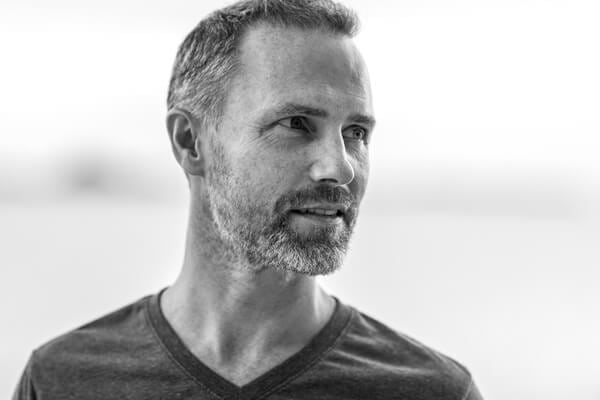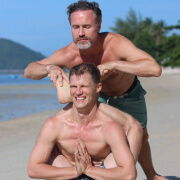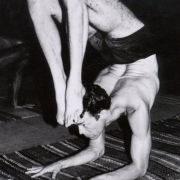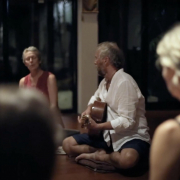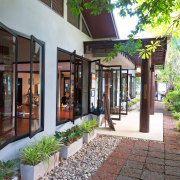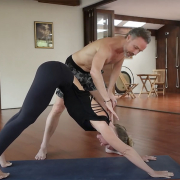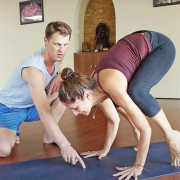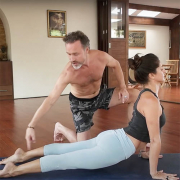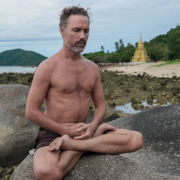 https://samahitaretreat.com/wp-content/uploads/2021/04/SAM_2698-scaled.jpg
1707
2560
Dr. Paul Dallaghan
http://samahitaretreat.com/wp-content/uploads/2024/01/samahita-logo-v2.svg
Dr. Paul Dallaghan2023-06-07 04:54:272024-02-15 09:46:19What is your state of mind? Perhaps yoga has some insight!
https://samahitaretreat.com/wp-content/uploads/2021/04/SAM_2698-scaled.jpg
1707
2560
Dr. Paul Dallaghan
http://samahitaretreat.com/wp-content/uploads/2024/01/samahita-logo-v2.svg
Dr. Paul Dallaghan2023-06-07 04:54:272024-02-15 09:46:19What is your state of mind? Perhaps yoga has some insight!Samahita Retreat News & Education

Dear friends,
A couple of things should happen when you practice asana. You should enjoy it, as it can both challenge and reward you, and it should support you, and not wear you down. Depending where you are at in practice, it can help cultivate an overall integrated experience on the level of breath and mind.
Your practice should not be static, subject to a book of rules. However, it does need guidance, shape, and care, but it also needs flexibility. Added to this, asana practice can and should develop and evolve over time. Just as our technology improves each year, so does our understanding of how asana practice and the body works. It is not stuck in time. That is part of the tradition as history shows.
As it is, the vinyasa form of sun salutation is a fairly modern invention. A good one no doubt, but still recent. Therefore, modifications and improvements are essential to its continued practice and progress. Though the typical effort is to, “jump back into chaturanga”, in one’s first few years of practice that is often the line held. Yet this is counter productive and does not hold well over the long run. So, to enjoy the “jump back”, to add precision to it, to make it user-friendly while more optimal on the nerves, muscles and joints, I recommend…
….. an initial spring into a position with suspension and mobility – froggy dog! And no, I am not joking. Watch the video!!! This is what I do in my practice and I love it. It also makes practice work to help me, support me and, as I will show next month, adds more precision and benefit when continued into the next position of chaturanga. If you’re going to keep this up for more than 2 or 3 years, then consider this advice. And stay tuned for the next instalment…
Love and Om
Paul
Dr. Paul Dallaghan’s expertise with breathwork, body and meditative practices comes from three sources: (1) three decades of daily dedicated practice and teaching these techniques; (2) uniquely acknowledged in the Yoga tradition by the title of “Master Yogi-Prānācharya (expert in breath)”, following an immersion in the original culture through one-on-one direct training in practice and study of ancient texts; (3) a PhD in doctoral scientific research at a leading US university (Emory) covering both the tradition and science of yoga and breath practices in terms of stress, health and aging. As a result, Paul occupies a unique space to impart genuine teaching and science on the breath, body, and meditative practices, seen as a Teacher-of-teachers and identified to carry on the tradition of Pranayama. His sincere and ongoing role is to teach, write and research, to help put out experienced and authentic information on these areas of how we live, breathe and be, to help people improve their mental and physical health, and live more fulfilling lives.
For more on his background see his bio
More from the Samahita Blog
